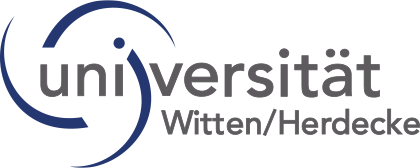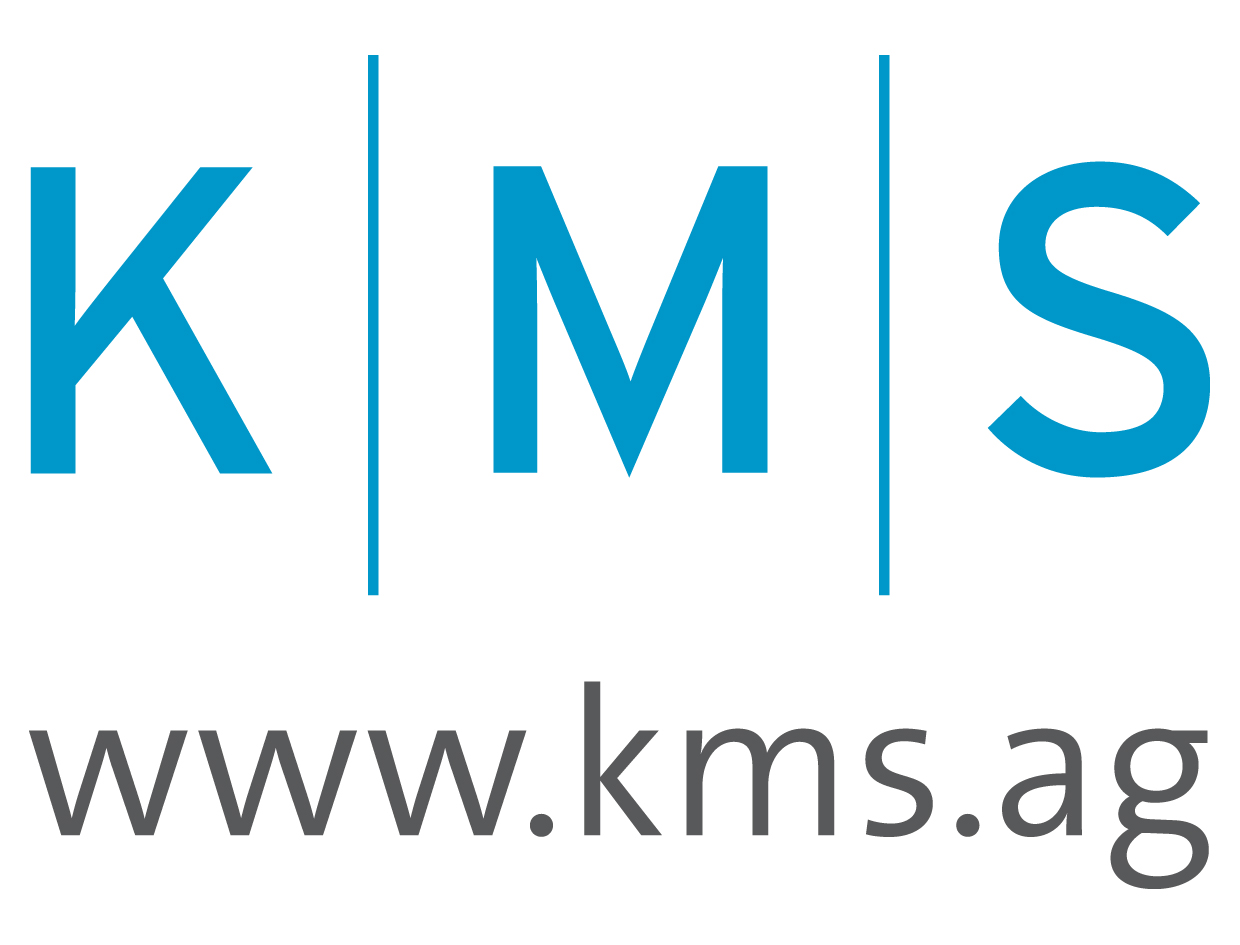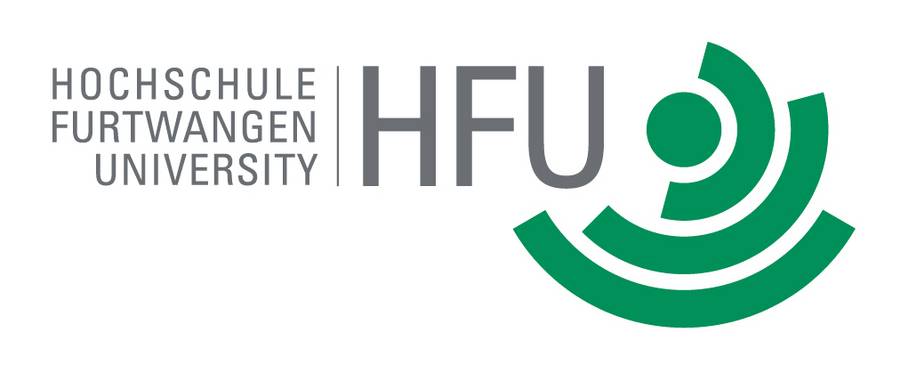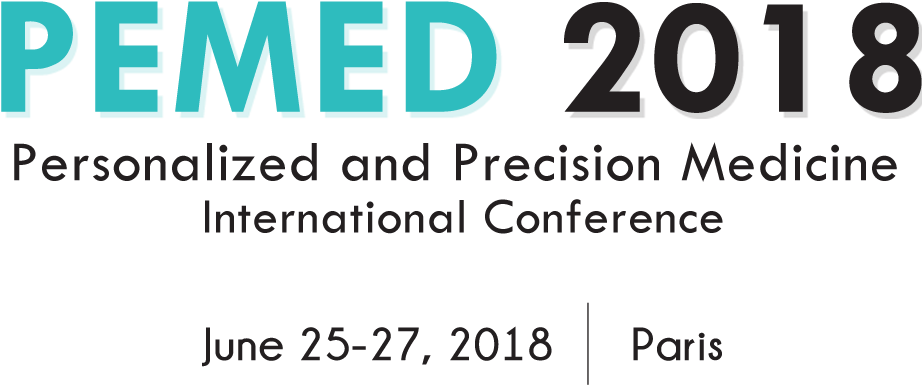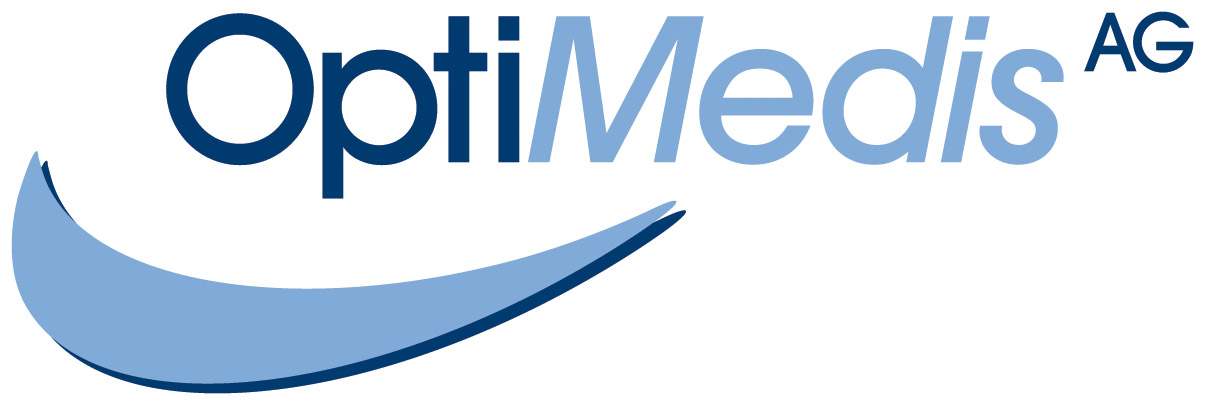PRECISION MEDICINE PATIENTS ALLIANCE
The empowerment of patients is the key driver towards PRECISION MEDICINE FIRST to optimize a measurable individual outcome for each patient based on a comprehensive molecular diagnosis of his/her specific disease.
To make precision medicine mainstream the relationship between patients and physicians has to shift towards physicians enabling patients to be empowered. Patients & M.D.`s needs our “Precision Medicine Navigator”.
As a patient, you may have heard of precision medicine?
Patients needs to be involved!
What is Precision Medicine?
So far, most medical treatments are designed for the average patient – called the traditional „one-fits-all“ concept of the pharmaceutical industry. Precision medicine, on the other hand, matches each patients disease on its specific molecular level with treatment options to define the individual therapy that will optimize value-based patient outcome.
In addition to his „classic“ medical record every patient should digitize his individual molecular structure in multiple levels (genomics, transcriptomics, epigenomics, mircobiomics, exposome). For most molecular diseases (e.g. Cancer, Immunologic & Inflamatory and Metabolic Diseases) a comprehensive analysis of the genome and transcriptome will give enough deep insight to find the right indivdual pharmagenomic treatment for an accurate diagnosis and therapy to achieve a better individual outcome for the patients.
Precision medicine also takes individual variations into account: variations in our genes, environment, lifestyle and even the microscopic organisms that are living inside of us. Like in Google Maps patients needs to map their individual footprint in a comprehensive electronic health record including all aspects of their individual profile. Ask you Medical Doctor:
“Patients should ask whether there are any genomic or molecular tests that can be performed on their tumor to guide the therapy plan.”
“The best chance for a favorable outcome is to get the right initial therapy after an individual molecular diagnosis.”: PRECISION MEDICINE FIRST.
Medicine in the genomic age:
When the genomic revolution in medicine started in 2000 the cost for sequencing a human genome amounted to approx. $100 million. Since 2014 with the introduction of new next-generation sequencing machines 16 human genomes can be analysed within 3 days for about $1,000 per genome. Today whole-genome sequencing is affordable for patients as many routine medical tests and it’s becoming increasingly available. For no more than the cost of an MRI scan, patients will be able to obtain their entire genomic sequence, a resource that will continue to contribute high value to all medical decisions for them over the course of their lifetime.
Sequencing one human genome generates a lot of information—about 200 gigabytes of raw data. It takes some serious computational power to chug through it. With a deluge of new sequence data hitting the networks each day, efforts have turned to developing tools and systems for storing, sharing, and analyzing this data on a large scale. With these tools, researchers can analyze genomic information from large numbers of people – some with disease and others without. It may seem counterintuitive, but the more genomic information your doctors understand about everybody else, the better equipped they are to offer individualized care for you. To improve healthcare for you and your loved one`s ask your Medical Doctor for precision medicine and precision prevention. Or contact PRECISION MEDICINE ALLIANCE that we navigate you individually towards precision medicine.
Precision Medicine has to take place in Centers of Excellence to scale quality (your outcome), to scale data and the analytical technology and to scale standardization for the integrity of the biology and of the data together and to achieve positive scale of economics for the reimbursement process.
Beyond the genome
Understanding how genetic variations contributing to health is just one aspect of precision medicine. While the genome is set for life, the expression of our genes fluctuates over time and change in response to the environment we live. Additional approaches to precision medicine involve measuring levels of proteins, RNAs or metabolic expressions. Genomics, proteomics, epigenomics, and metabolomics help to make medical choices for individual patients.
This field also incorporates our learnings about the microbes that live in and on our bodies and how they can be manipulated to influence health and disease. It combines the latest in stem cell science with 3D printing technology to build replacement skin, blood vessels and bones. It includes techniques for engineering a patient’s own immune cells to attack cancer and other diseases, and computer algorithms for building customized diets for diabetic patients.
Beyond treating disease, precision medicine includes approaches for diagnostics, prevention, and screening:
- Methods to identify individual risks before disease strikes;
- Analytical tools to predict prevention strategies that will work best for individual patients;
- Screening methods that can identify early signs of disease before symptoms emerge;
- Diagnostic methods to identify subtypes of disease that may look the same on the surface but respond very differently to treatment;
- Tests that identify disease carrier status for prospective parents;
- Devices to manage diseases by tracking and guiding recovery
Precision Medicine: The Patients-Focus
As a patient you should be as well informed as the doctors – even better. In the future, you will be able to provide many additional individual health, disease, and lifestyle informations via your smartphones, your electronic medical record, which are important for diagnosis and individual therapy decisions. The networking and connecting of these systems, including your mobile systems, will help to democratize medicine as a whole.
Medicine will be a transparent online real-time-medicine in which population profiles can be used for diagnosis and therapy. For patient data protection these data profiles need to be controlled by all stakeholders in the health system, where the younger technique afine generation shares their health data for the benefit of all.
Be a driving force in this transformation.
Today all banking is digital – tomorrow all medicine will be digital:
Data privacy and protection will be guaranteed by all stakeholders in all health systems like we are acting globally in digital banking in a data safe world.
Let`s save the lives of patients together.


